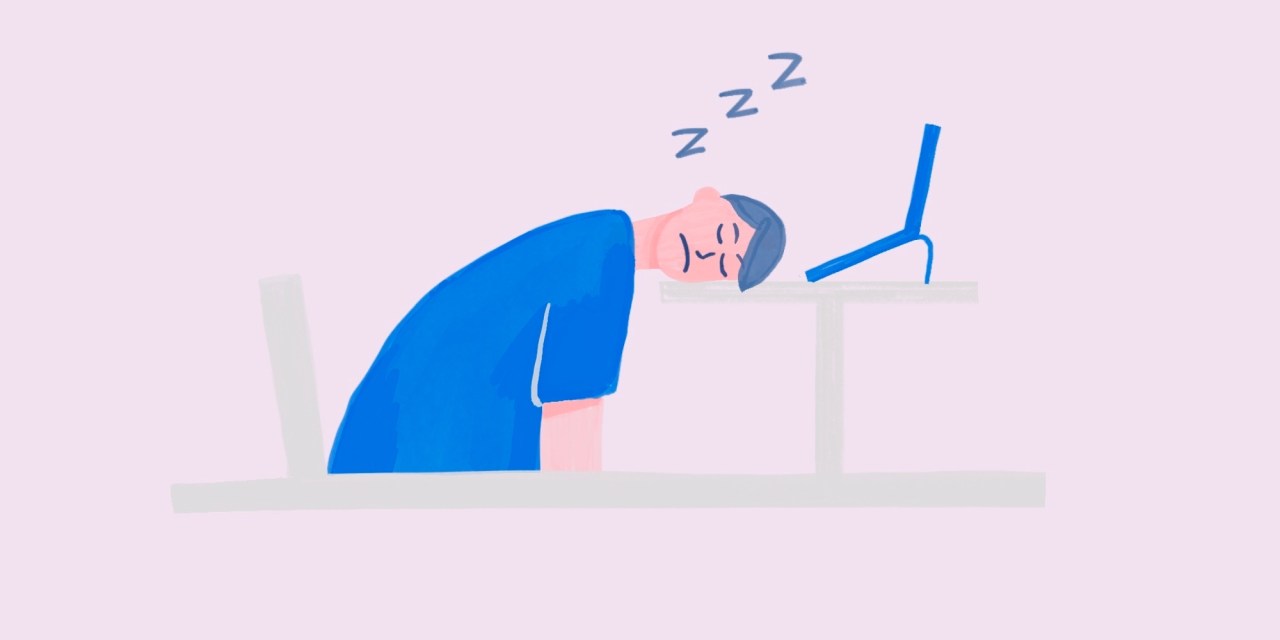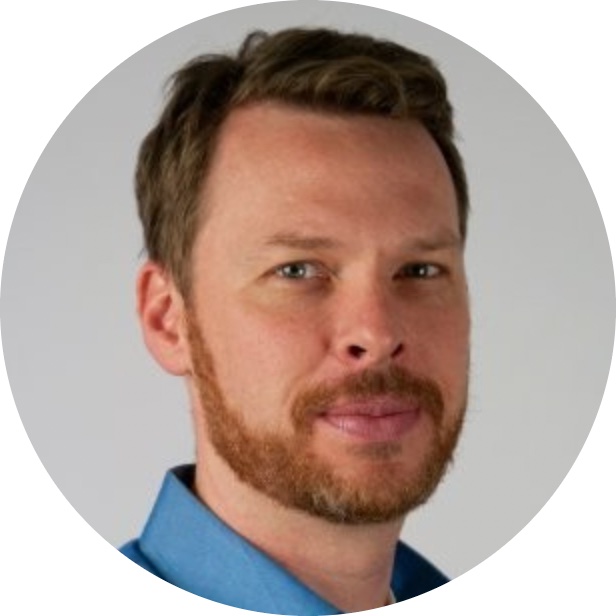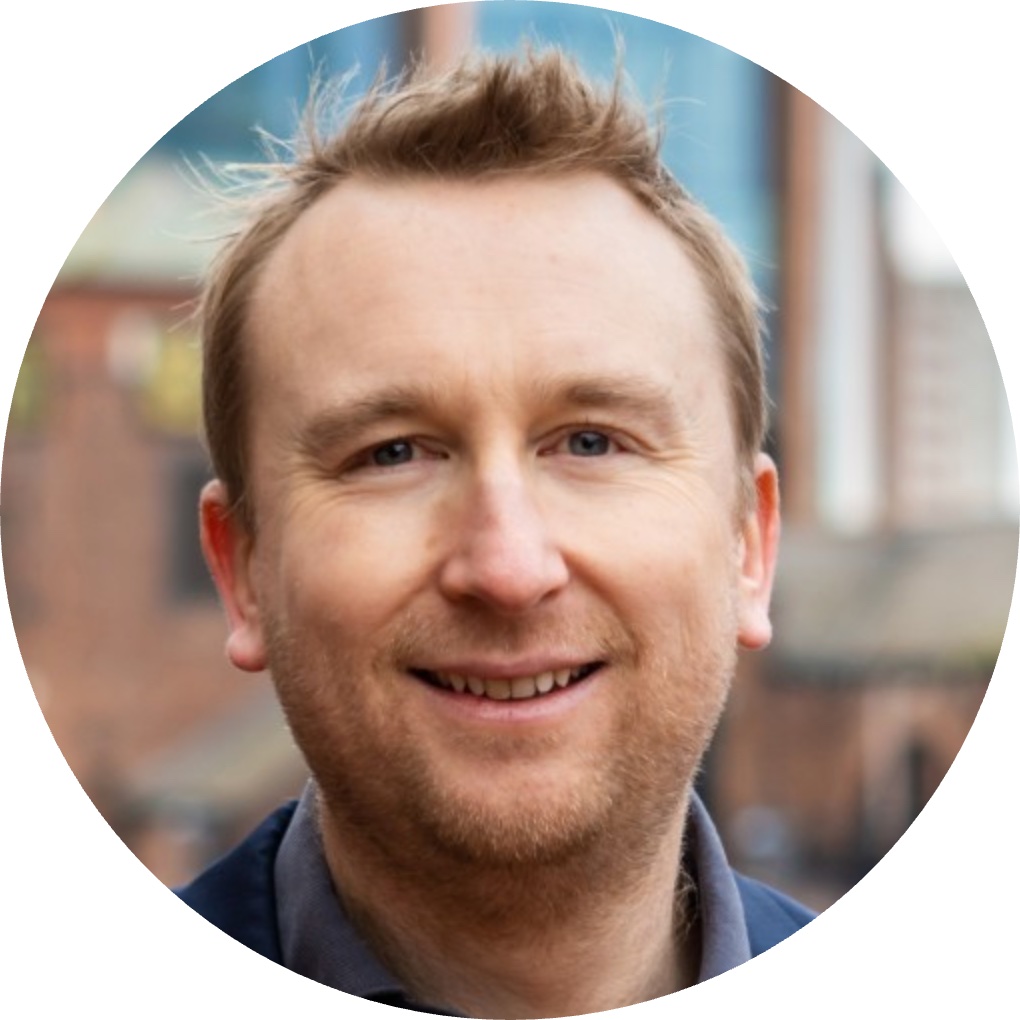Most HR professionals have got it wrong – longer hours do not mean better performance

The phrase “hard work pays off” (or subtle variations thereof) has to be one of the most popular nuggets of advice in the last century and beyond. This maxim, passed down from generation to generation, has conditioned us to believe that the more we do something, the more we will be rewarded.
However, there is growing evidence that shows this attitude is counter-productive. Moreover, overworking is dangerous. And most worryingly, over two-thirds (68%) of European human resources professionals are peddling the idea that high-performing employees work longer hours than average employees, according to a study by Gartner.
Before revealing this statistic, during his keynote speech at Gartner ReimagineHR in London in September, Brian Kropp said: “This is the moment where I risk alienating everyone in this room because we collectively are part of the problem.”
The group vp and chief of research for Gartner’s HR practice explained: “We might not come out and explicitly tell our employees that they have to work more hours to get promoted, but we might imply it.” To prove his point, he asked the 1,000-strong crowd to consider how an announcement about a promotion might include praise for the successful candidate for “going above and beyond” and therefore working more hours.
“We’re creating an environment where, one way or another, we’re encouraging our employees to work even more hours and invest even more time, in an environment where they’ve already been working hard, already stressed out, already worried,” Kropp added.
After combing research and scientific studies to determine whether more hours equals better performance, he concluded that it is a harmful falsehood. “There’s no statistical relationship between hours worked and performance,” he added.
How, then, can performance be improved in a world where people are exhausted (because they are working harder)?
Learning from elite sports stars
We can learn from elite sports stars, suggested Kropp. For example, Magnus Carlsen, the reigning five-time World Chess Champion, once famously said: “Games are lost or won in the final hours due to mistakes caused by fatigue.”
Elsewhere, Japanese tennis player Naomi Osaka, a four-time Grand Slam winner, is also an advocate of athletes taking proper care of their physical and mental health. She has previously been quoted saying: “I feel it is my duty as a professional athlete to educate my peers on the importance of taking recovery seriously.” And in 2021 she backed that up by withdrawing from the French Open, citing the need to look after her mental health.
And NBA legend LeBron James has talked openly about the importance of sleep in his own regime, previously telling media outlets in 2021: “I get my sleep; I get my rest … my mindset never gets to the point where I’m exhausted.”
All three leading sportspeople stress the criticality of not overworking. Much like HR professionals have an outdated, if unconscious, bias toward rewarding people who put in more hours, Kropp argued that recovery should not be frowned upon. “Rest is not the absence of performance; it is part of performance,” he said. Gartner’s research indicated the value of proactive rest. Over a fifth (22%) of organizations that don’t provide this have employee burnout, compared with just 2% of those that do.
Imagine a worker as a battery that needs to be recharged regularly, offered Kropp. Providing rest improves performance by 26%, he said. Helpfully, the kind of rest that should be granted is an acronym of AAA, like the battery. It should be:
- Available – employees should have a wide range of tools for rest.
- Accessible – they must be encouraged to rest, free of guilt.
- Appropriate – the rest tools have to meet individual employee needs.
Kropp stated that 93% of the HR professionals surveyed by Gartner answered that they are worried about employee burnout. And yet the analyst company’s findings show that staff are more worried and stressed at work now compared to any other time. “The average employee is working nine hours of unpaid overtime a week, up from six hours before the pandemic,” he said.
Hard work myth starting to unravel
It’s a vicious cycle. Namely, employees are working harder, becoming more stressed and tired, and performance and well-being are suffering. “With many of us spread in between the demands of the workplace and our families, managing workplace stress and ensuring we don’t get overwhelmed is critical,” said Kevin Ashley, founder and CEO of learning management system myAko. These issues have been compounded by the cost-of-living crisis and a shift to hybrid working for some.
Barnaby Lashbrooke, author of The Hard Work Myth, wants HR professionals to realize the folly of perpetuating the idea that more hours means better performance. “It’s not their fault,” he said. “We’re taught this from school. But, the myth is finally starting to unravel thanks to experiments like the four-day working week, which has proven productivity can actually go up when hours are slashed.”
That said, it’s not necessarily true that fewer hours lead to better performance. So what’s the secret? First, employees must be empowered to work smarter, and be given the tools and authority to do so, stressed Lashbrooke. Smarter work is enabled by attentive management. “This means prioritizing workloads effectively, automating tasks or delegating wherever possible, and reducing distractions, none of which happens without practice and a commitment to learning the required soft skills,” he added.
In his keynote speech, Kropp concluded: “Our mandate within HR is to design a human organization that enables people to be their best and cares for them through their worst.” And Sophie Martin, senior people partner at software firm Sensat, echoed this ambition. “Instead of viewing employees en masse, it makes far better sense for business leaders to think in terms of individuals,” she said. “People require circumstances unique to their personality and lifestyle for their performance to be enhanced.”
Performance-enhancing employer love
The overwhelming success of the four-day working week trials currently underway around the globe is evidence that the hard work myth ought to be debunked, stressed Martin. Indeed, following a triumphant pilot for government employees in Iceland, 86% of the country’s workforce enjoy shorter hours.
It’s working well for Sensat, too. “We have established a hybrid four-day work structure without aiming to cram five days of hours into four,” Martin said. She added that allowing people to streamline their tasks and cut needless meetings so they can enjoy an additional day off each week has not impacted productivity or the quality of work. “Instead, it has boosted morale and staff retention,” she added.
What is the best tool for measuring an employee’s battery so that they can perform at an optimal level more often, rather than longer? Employee sentiment pulse surveys conducted weekly, or even more frequently, will help craft an “emotionally intelligent strategy” in the workplace, said Martin. Here, as well as in other areas of employee experience, technology can assist.
More significant investment in automation is a theme picked up by Nicola Downing, CEO of digital services firm Ricoh Europe. The organization’s recent research showed that 69% of 3,000 office workers across the U.K., Ireland, France, Germany, Italy, the Netherlands, and Spain believed that automating processes improves their work. This result, she said, marked a shift from more skeptical attitudes to workplace digitalization pre-pandemic.
“A task-based flexible model, underpinned by automated processes, can motivate employees to work on their own terms,” said Downing. “Using technology to rid the workforce of unnecessary or tiresome tasks will play an important role in their enjoyment and productivity.”
However, Joanna Swash, the group CEO of Moneypenny, a company based in the U.K. and U.S. that offers call answering and live chat services, underlined that self-awareness is one of the greatest skills an individual can possess. “You need to know who you are, your strengths and weaknesses, your trigger points, when you need to take a break, and so on,” she added.

